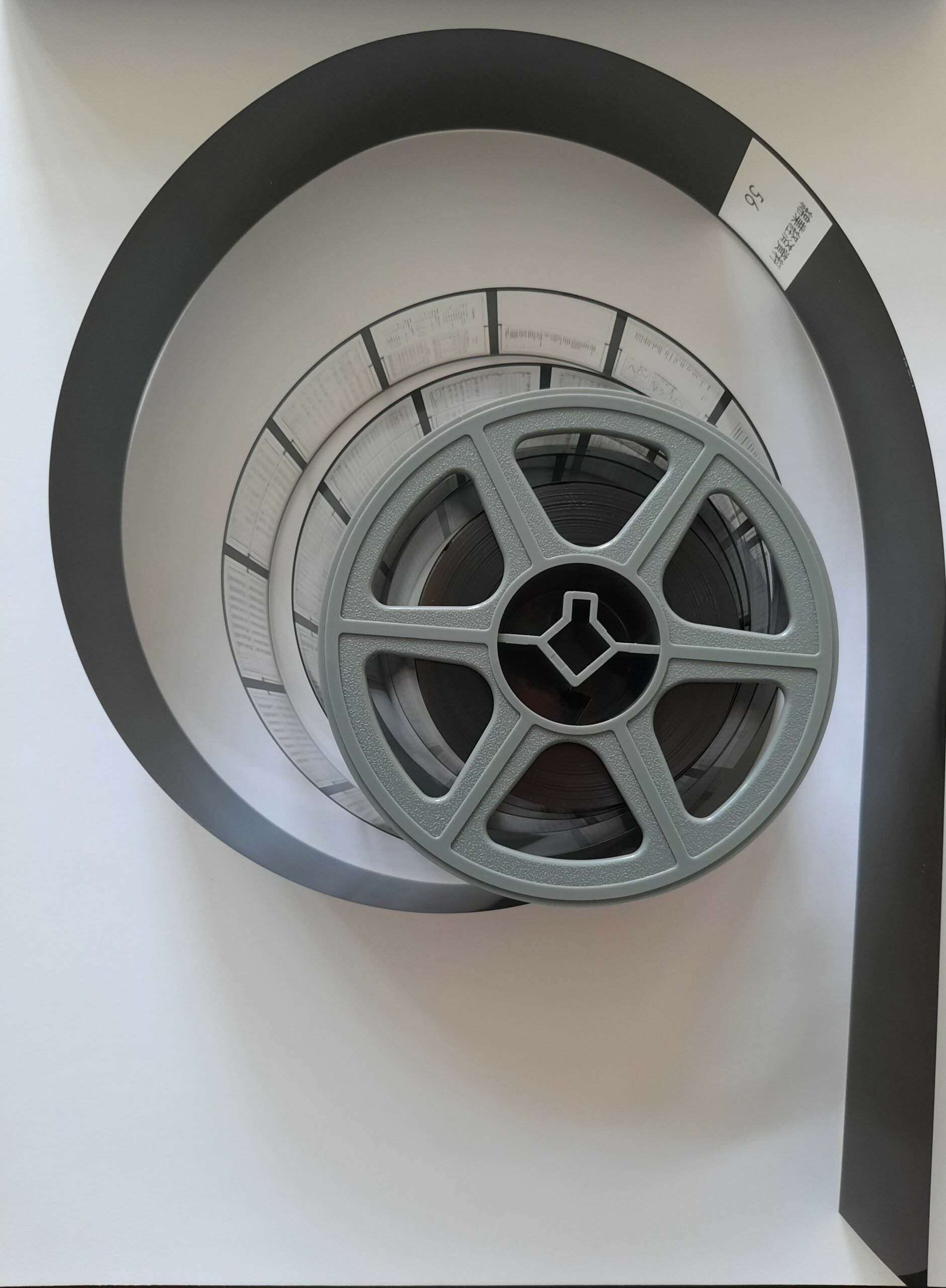Covid-19 is shaking up our society. As we speak, our Prime Minister is seriously condemning the violence that has taken place in several parts of the Netherlands over the past night in response to the curfew that was installed on Saturday 23 January. Draconic measures, perhaps, and to a large extent symbolic, but no reason to start attacking the police and demolishing public and private property, as these hooligans are doing.
Meanwhile, as university staff, we have been dealing with the consequences of (partial) lockdown since last March. Our first priority was, of course, teaching: how could we make sure that our students received, under the circumstances, the online equivalent of high-level education that we strive to provide? We did everything we could to enable this: struggled with pre-recording lectures, or arranged livestream via the scarce possibilities the university offered. We learned how to use MS Teams, Zoom, Google Meets, StarLeaf, or what have you, and thought of ways to keep our students’ attention, by using breakout rooms, doing little quizzes, have more frequent one-to-one digital office hours. We desperately sought the most optimal form in which to offer online tests, have students present their work, and create some sense of community, even if largely in virtual space. Our efforts paid off: despite all the depressing circumstances, and the feelings of loss, the majority of our students consciously notice and highly appreciate the energy we as teachers put into making our classes work.
At the same time, the other important aspect of our work, research, is seriously hampered for a number of reasons. Archives and libraries closed immediately, and generally offered very limited services to the public, at least until summer. Planned research trips were cancelled due to negative travel advices. Moreover, we should not forget the mental and physical consequences of the pandemic, which is weighing on the majority of researchers. Although some workshops and conferences continued using an online platform, most were cancelled. Anyhow, meeting digitally is not the ideal way of building a network, especially if you are a young scholar who does not yet know many academics internationally. Sitting in front of a laptop at home, doing everything online, even most social events, after some time really affects one’s concentration. It has even gone so far that when I read an actual book, made from actual paper, my mind seems to drift off much quicker these days. Only when I was on holiday, for a few weeks luckily unconnected from my laptop, did I manage to read a number of books.
Then there is lack of motivation. Covid-19 for many people, especially international scholars, has meant severe narrowing, or even elimination, of social interactions. For months, we have not met with our colleagues in the office. We don’t meet strangers in bars for a chat, and we can hardly invite people into our homes. Most sport activities have been limited. With so many restrictions in the private sphere, the necessary means to relax, take your mind off work for a bit, have drastically diminished. Not to mention that for many people, the living room is also the office, and school for the children.
To end on a more positive note, most of us also seem to be highly resilient. We take walks with colleagues at 1.5 meter’s distance, we organize digital lunches, we suddenly become experts in all sorts of digital tools, we value the smallest outings, such as going to the beach or the forest, and we have started blogs. In terms of research, we sometimes also find ourselves benefiting unexpectedly. So, because one of the PhD students in my project had to cancel an archival trip to Japan, we decided to use some of the money to order some important material on microfilm. Apparently, the university has this cool software to digitize microfilms and a room in the library you can still reserve to do this, even if it can only be used by one person at a time. Currently, we are digitizing the stuff, which is quite exhaustive, and – yet again – requires sitting many hours behind a screen. Nevertheless, it spurs my excitement for primary research again and, hopefully, this whole exercise will soon yield interesting historical data for extensive analysis, on which I hope to inform you at a later stage!
